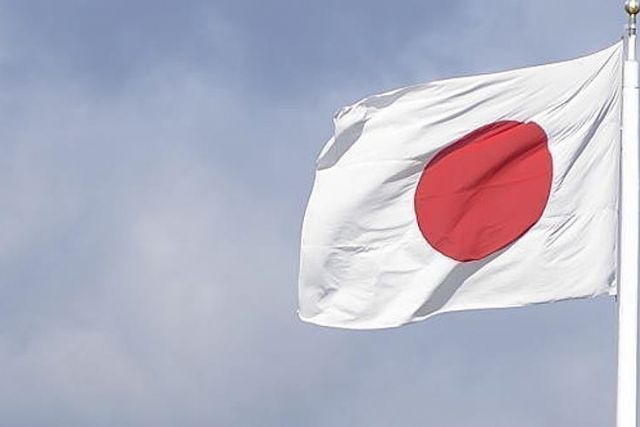Inflation overshadows Japan's election campaign for senate seats
Russia's war on Ukraine also becomes matter of debate as 125 seats go up for grabs in July 10 elections

ISTANBUL
Rising inflation and Russia's war on Ukraine have become hot issues as candidates for Japan's upper parliamentary house started campaigning on Wednesday amid looming elections.
The election for 125 seats is set for July 10 as the ruling coalition battles to maintain its majority in the 248-member senate, known as House of Councilors in the country.
In a coalition with the Komeito party, the ruling Liberal Democratic Party (LDP) needs only 56 seats this time to maintain its majority.
Around 530 people are expected to vie for the seats to serve for six-year-term. Every three years, half of senate seats are contested.
Rising inflation and a fall in value of the country's currency are two big issues being discussed.
The country's annual inflation rate was 2.5% in April, while the Japanese yen lost nearly 20% against the US dollar since March, slumping to a parity of 136 -- the lowest since August 1998.
Opposition candidates are mounting a strong case against the government and calling rising prices as "Kishida inflation," a play on the name of Prime Minister Fumio Kishida.
Japan's posture on the Russia-Ukraine war is another issue that has triggered debate on the best policy for Tokyo.
Kishida's LDP has proposed a massive increase in the country's defense budget to shore up its military capacity.
He has championed a tougher stance against Moscow while shoring up the country's response to the pandemic-induced economic fallout, which has led to a rise in the prices of energy and everyday items like food.
"This election has put under the spotlight who can deliver results in facing major challenges including the rebuilding of Fukushima, the fight against the novel coronavirus, response to the Ukraine crisis and rising prices," Kishida said during an election campaign stump speech in Fukushima, the site of a nuclear disaster in 2011 following an earthquake and tsunami.
"We need political stability to overcome these challenges," said Kishida, according to Kyodo News.
The opposition Constitutional Democratic Party of Japan (CDPJ) criticized the Kishida administration over a "lack of concrete steps" against inflation.
"We cannot tolerate politics that ignore your lives and your household budgets," said CDPJ leader Kenta Izumi in Aomori, northeastern Japan.
He alleged that the LDP-led government "lacked a sense of urgency in addressing the issue."
"The CDPJ has been repeatedly saying this price increase has a negative impact on many people, and things are starting to change. Rising prices have become a point of contention in this election," Izumi said.
The government, however, says the rising inflation is due to Russia's war on Ukraine that has led to energy and raw material prices soaring globally, a "headache for resource-scarce Japan."
Kazuo Shii, leader of Japan's Communist Party, said in Tokyo: "War or peace. Japan's fate depends on this election. We seek to advance by appealing we will stop war and bring hope to people's lives."





